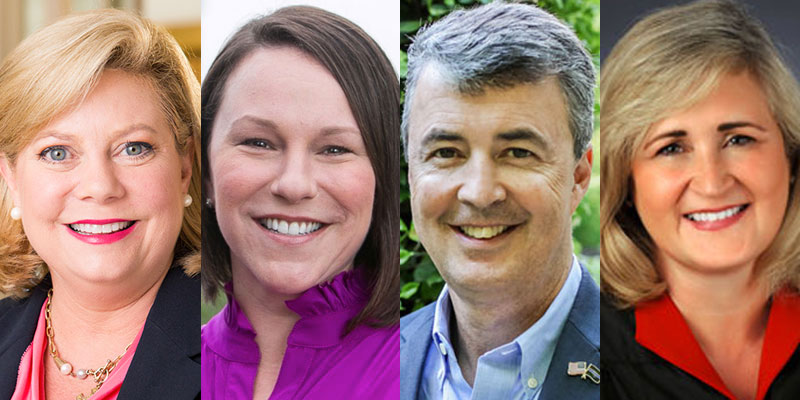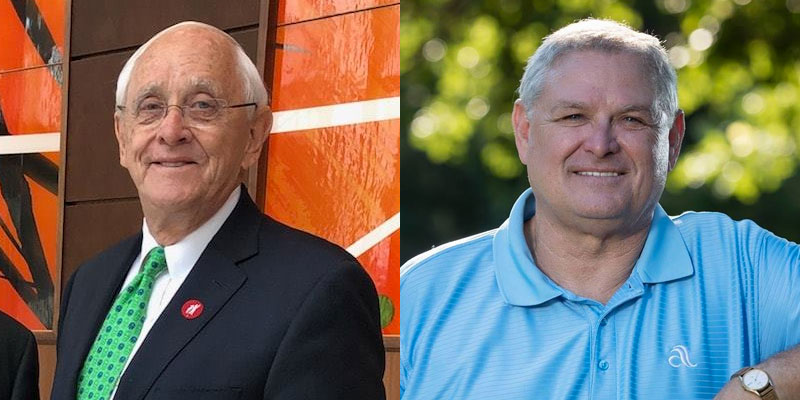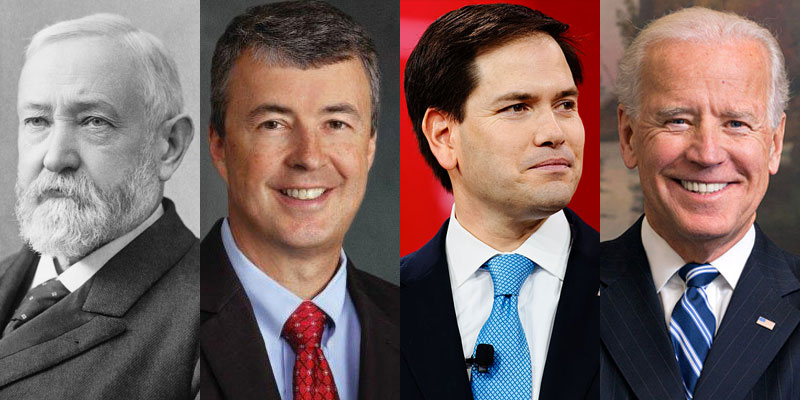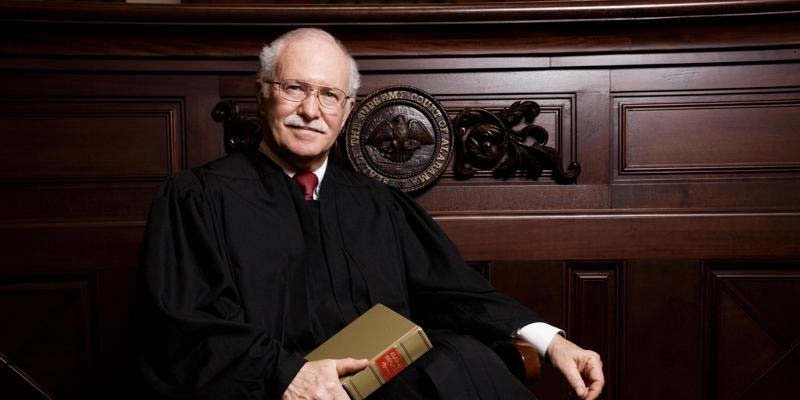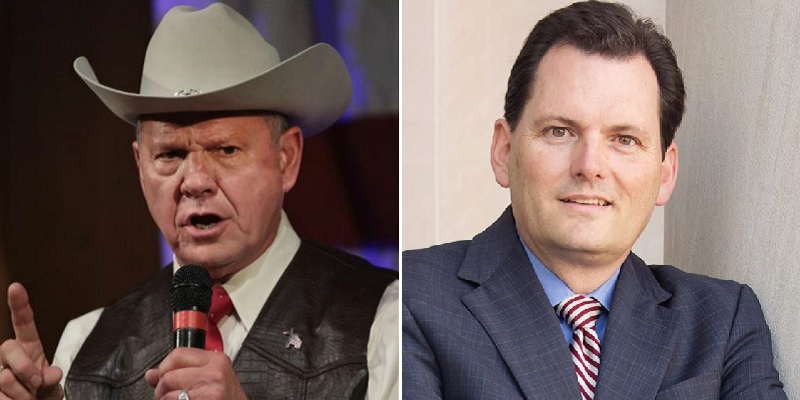The names on the ballot in Tuesday’s Republican primary runoff likely will draw a blank from many Alabama voters in an election that experts predict will feature extremely low turnout.
Under such circumstances, it is crucial for candidates to be able to spend enough money to catch the attention of distracted voters for offices they rarely think about, such as agriculture and industries commissioner and civil appeals judge.
That is why the candidates who raised the most money have the best chance of winning, according to Athens State University political scientist Jess Brown.
“The candidate with the most money typically wins whether it’s low turnout, average turnout, high turnout. … Clearly, money matters,” he said.
Brown said looking at the money chase is useful in two ways. Candidates who raise the most money have the best chance to reach the most voters, Brown said. Beyond those practical considerations, he added, the ability to raise lots of money can be a sign that a candidate has the support of the party’s base — the people most likely to vote on Tuesday.
“Both factors are at work,” he said.
With that in mind, here is how the money race played out in the six statewide races, plus the runoff in the 2nd Congressional District. (Note, in some cases expenditures exceed contributions because the candidate had leftover funds from a previous campaign or loaned their campaigns money from personal funds).
Race: Alabama attorney general.
June 5 results: Steve Marshall (incumbent) finished first with 28.4 percent, followed by former Attorney General Troy King, who got 27.8 percent.
Total contributions: Marshall, $3,233,610. King, $2,225,663.
Total expenditures: Marshall, $3.090,851. King, $2,180,079.
Race: Alabama lieutenant governor.
June 5 results: Public Service Commission Chairwoman Twinkle Andress Cavanaugh finished first with 43.3 percent, followed by state Rep. Will Ainsworth, who received 37.1 percent.
Total contributions: Cavanaugh, $2,113,261. Ainsworth, $1,279,725.
Total expenditures: Cavanaugh, $2,115,201. Ainsworth, $2,390,813.
Race: Alabama commissioner of agriculture and industries.
June 5 results: Rick Pate finished first with 40.4 percent, followed by Gerald Dial, who received 30 percent.
Total contributions: Pate, $338,640. Dial, $338,640.
Total expenditures: Pate, $500,406, Dial, $555,887.
Race: Alabama Supreme Court.
June 5 results: Brad Mendheim (incumbent) finished first with 43.4 percent, followed by Mobile County Circuit Judge Sarah Stewart, who garnered 29.3 percent.
Total contributions: Stewart, $1,103,017. Mendheim, $799,086.
Total expenditures: Stewart, $1,101,063. Mendheim, $792,098
Race: Alabama Court of Civil Appeals.
June 5 results: Christy Edwards finished first with 40.8 percent, followed by Michelle Thomason, who won 32 percent.
Total contributions: Edwards, $333.957. Thomason, $132,881.
Total expenditures: Edwards, $320,610. Thomason, $208,768.
Race: Alabama Court of Criminal Appeals.
June 5 results: Chris McCool finished first with 42.6 percent, followed by Rich Anderson, who got 34.8 percent.
Total contributions: McCool, $256,239. Anderson, $32,165.
Total expenditure: McCool, $292,099. Anderson, 35,844.
Race: Alabama 2nd Congressional District.
June 5 results: Martha Roby (incumbent) finished first with 39 percent, followed by former Rep. Bobby Bright, who got 28.1 percent.
Total contributions: Roby, $2,179,188. Bright, $406,557.
Total expenditure: Roby, $1,493,965. Bright, $243,959.
Brown said some candidates can get away with less money. He noted that King, for instance, has residual name recognition from a previous stint in the office. Brown said that probably made the difference for King between getting into the runoff and getting knocked out in the June 5 primary.
For candidates without pre-existing name identification, Brown said, money is the only way to raise visibility.
“You need the money to buy a bigger megaphone,” he said.
Brown said the key to winning a low-turnout election is to line up support from single-issue voters who are the most reliable voters. But he added that is difficult in a primary where there is little to distinguish the views of one candidate from the other.
Money helps but is not always a guarantee, Brown said.
“You do get the unexpected when the turnout is low like I expect tomorrow’s will be,” he said.
@BrendanKKirby is a senior political reporter at LifeZette and author of “Wicked Mobile.”




